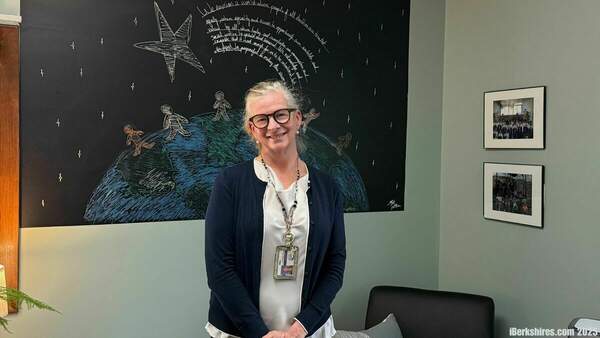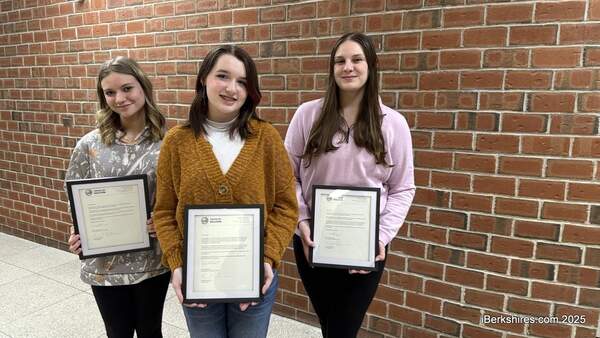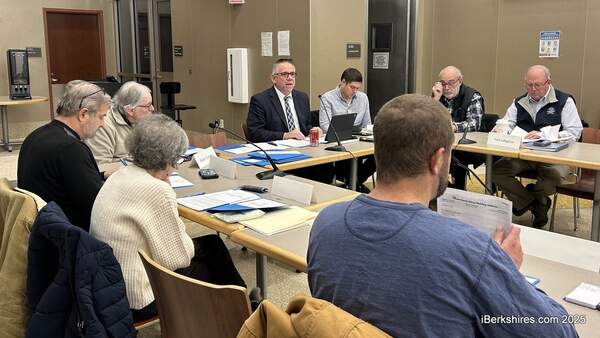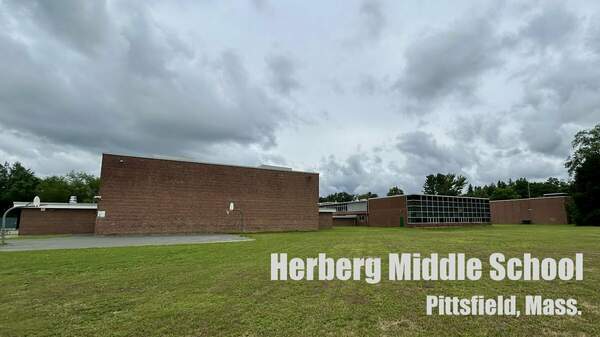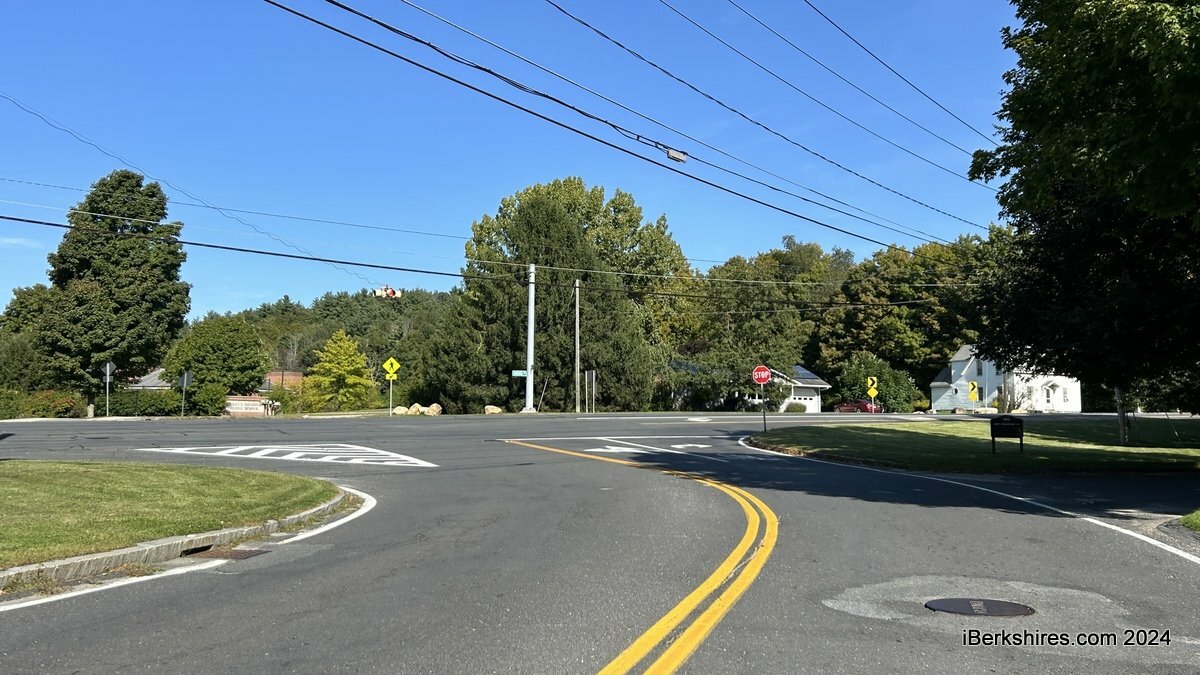
Concerns Raised About Intersection Near Nessacus Middle School
DALTON, Mass. — The Traffic Commission is looking into safety concerns with the intersection in front of Nessacus Regional Middle School.
On Thursday, the panel voted to send a letter to the Massachusetts Department of Transportation voicing the concerns and providing crash data for the intersection of Hinsdale Road, East Housatonic Street and Fox Road.
"Almost every crash at that intersection has injuries because of the high-speed road," Police Chief Deanna Strout said. "And it is usually a pretty decent collision there."
Resident Paul Tabone brought the item forward after hearing a significant crash from his home in Stonemill Condominiums at the end of August.
He has lived at the condos right next to the intersection for 14 years, seven full-time.
"Always noted the traffic. Didn't really pay much attention to things until we started living there regularly. A lot of near misses but specifically on the 26th of August, there was a direct contact," he said.
"I was not a witness to it. However, I was standing grabbing my coffee. I heard the bang, I got to the window, and watched both the pickup truck and this giant dump truck literally sliding into the intersection, of course, into Fox [Road]."
Tabone said one person was taken away in an ambulance and that "it’s a dicey spot even on a good day." He feels the intersection is poorly designed and drivers speed onto Housatonic Street to avoid going through the town center.
The roads that intersect are both local and state-owned.
A representative from the MassDOT reportedly told Tabone that the accident rate is low and does not justify action. Chair William Drosehn said the commission has a report from one accident and Strout agreed to pull all accidents at the intersection from the last few years.
He said it would be great if the panel could see the types of accidents, such as turning or head-on collisions.
"I’ve been on almost 27 years, we've had a lot of crashes there," Strout said.
Tags: intersection, traffic commission,

